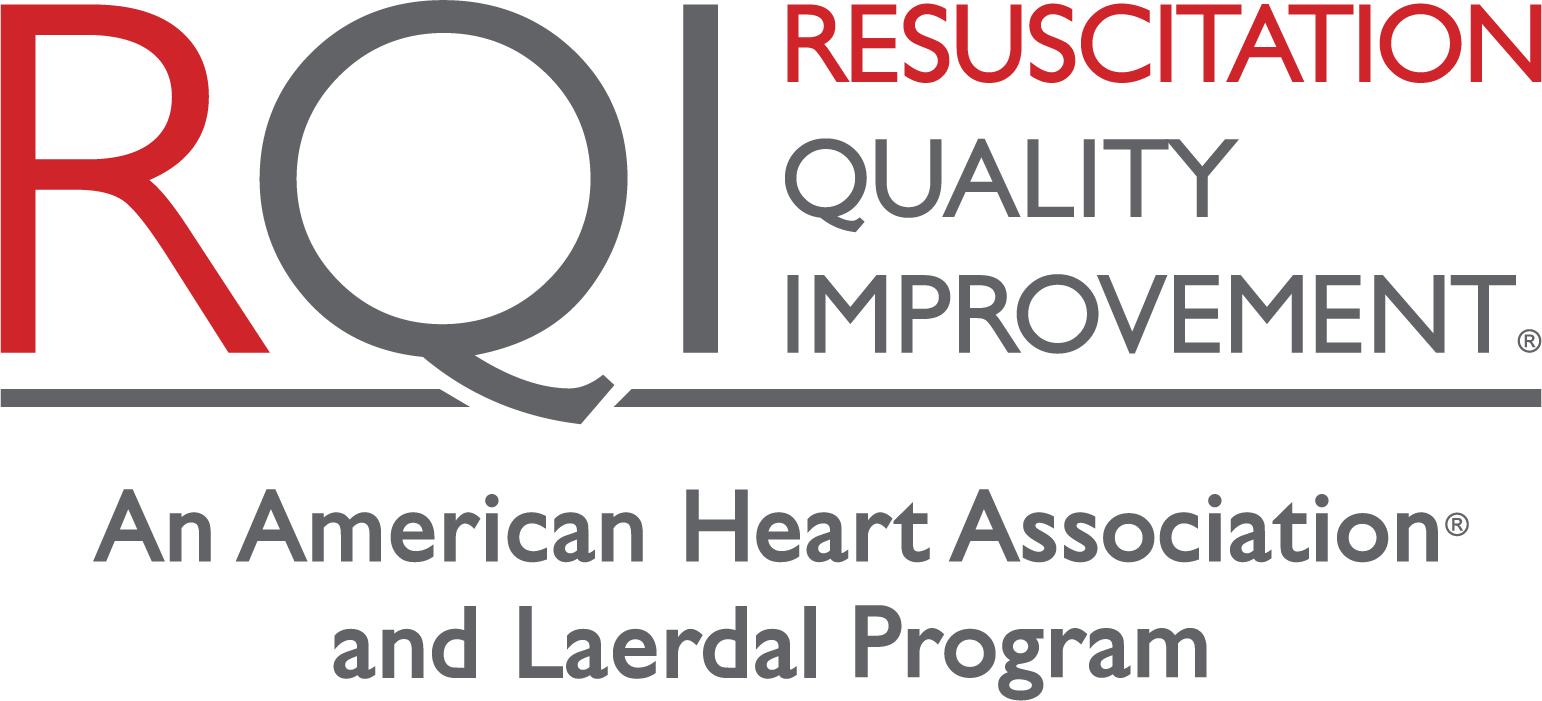Saramma et al. Indian J Crit Care Med. 2016;20(4):226–232
Importance of Conclusion
Traditional CPR training programs increase CPR knowledge and skill, but significant long-term effects could not be found. Regular and periodic recertification of CPR skills is needed.
Key Points
- Despite widespread training CPR is often poorly performed.
- Pretest knowledge, posttest knowledge, posttest performance, and overall performance were assessed.
- Formal certified BLS and ACLS training courses with the handson practice improved rate of immediate survival and survival to hospital discharge rates leading to definitive improvement in the outcome of CPR.
- Certified vs. non-certified nurses were also looked at; there was no significant mean difference in knowledge level, although certified nurses had a higher mean.
- Simulation is an effective teaching strategy to train CPR knowledge and skills.
